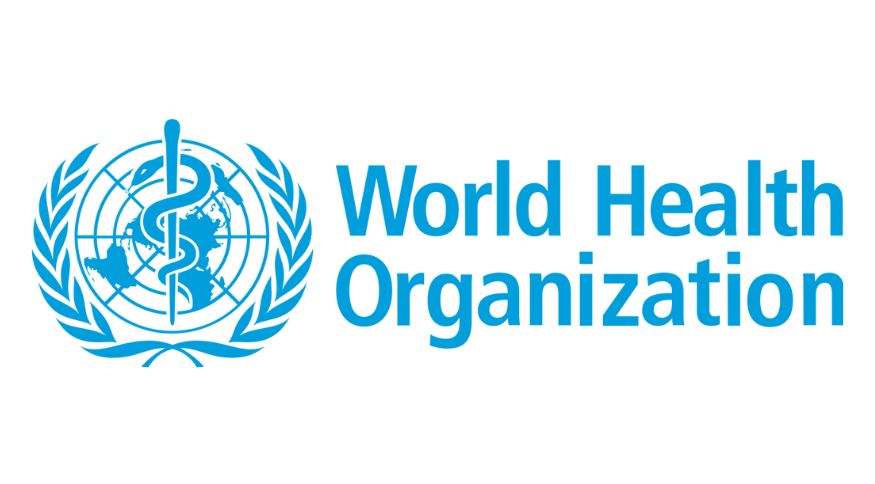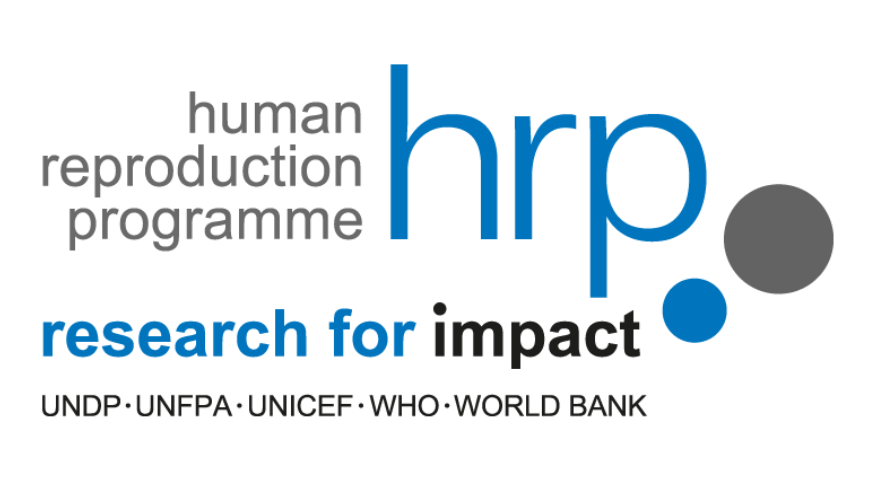
Fatigue and Low Energy in London – What Blood Tests Reveal
Reviewed by Dr Lauren Holland • Marylebone Diagnostic Centre
Results within 24 – 42 hours. Westminster residents receive 20% off.
Feeling tired all the time is one of the most common problems people report across London. Busy commutes, stress, long work hours, poor sleep and seasonal light changes all affect energy levels. However, persistent fatigue may also point to low vitamins, thyroid imbalance, anaemia, inflammation or early signs of diabetes.
Clinically, we see many London patients who struggle with low energy despite eating well or resting. A targeted set of blood tests often gives clear answers, especially when symptoms appear suddenly or last more than a few weeks. This guide explains the causes of fatigue in London, what blood tests can reveal, and when you should consider private testing at Marylebone Diagnostic Centre.
What Causes Fatigue and Low Energy in London?
Fatigue has many physical, emotional and lifestyle triggers. In a busy city like London, the cause is often a combination of several factors.
Common reasons include:
- Low iron or ferritin
- Thyroid imbalance
- Vitamin D or B12 deficiency
- Blood sugar changes
- Lack of restorative sleep
- Chronic stress
- Viral or bacterial infections
- Hormonal changes
- Poor diet or dehydration
Many “People Also Ask” queries match these exact causes.
Why Do I Feel So Fatigued and Low Energy?
Fatigue develops when the body cannot produce or regulate energy properly. This may be due to:
- Low oxygen delivery (anaemia)
- Slow metabolism (thyroid problems)
- Poor nutrient absorption
- Stress hormones remaining high
- Infection draining resources
- Irregular blood sugar patterns
If your tiredness is ongoing and unexplained, blood testing is the most direct way to identify underlying issues.
London Stress and Fatigue: How Daily Life Affects Energy
Many people ask:
“How to deal with the stress of living in London?”
Crowded commutes, unpredictable weather, demanding work patterns and late evenings can all affect sleep and energy. Clinically, we see that London stress often leads to:
- HPA axis fatigue
- Poor sleep quality
- Blood sugar swings
- Low vitamin D (due to limited sunlight)
Testing the right markers can show whether fatigue is lifestyle-based or medical.
When Is Fatigue Serious?
People often ask:
“How to know if fatigue is serious?”
Fatigue becomes a concern if:
- It lasts longer than 4 weeks
- You experience sudden crashing fatigue
- You feel weak, shaky or breathless
- You struggle to stay awake during the day
- You experience dizziness or confusion
- You notice weight change or hair loss
- You lose interest in normal activities
These symptoms indicate it’s time to investigate.
Risk Factors for Severe Fatigue
You may have a higher chance of fatigue if you:
- Work long or irregular hours
- Have low sun exposure
- Follow a vegetarian or vegan diet
- Have heavy menstrual cycles
- Recently had a viral infection
- Are under long-term stress
- Do intense exercise
- Have a family history of thyroid or diabetes issues
Fatigue in females is often linked to iron or thyroid imbalance; in males, vitamin deficiency and sleep disruption are common causes.
Types of Fatigue (The 3 Main Patterns)
People search for:
“What are the three types of fatigue?”
Clinically, fatigue falls into three groups:
- Physical fatigue – weak muscles, heavy limbs, slow recovery
- Mental fatigue – brain fog, poor focus, forgetfulness
- Chronic fatigue – long-term low energy with unclear cause
Blood tests help separate these.
What Blood Tests Reveal About Fatigue
At Marylebone Diagnostic Centre, several tests help identify the cause.
These tests form part of several MDC wellness and fatigue panels.
Table: Fatigue Symptoms and Related Tests
| Symptom | Possible Cause | Recommended Test |
| Weakness and heavy limbs | Iron deficiency | Ferritin, FBC |
| Feeling cold, weight gain | Thyroid issues | Thyroid Panel |
| Brain fog and low mood | Vitamin D/B12 | Vitamin D, B12 |
| Sudden crashes in energy | Blood sugar imbalance | HbA1c |
| Hair thinning | Nutrient deficiency | Wellness Panel |
| Poor exercise recovery | Low minerals | Mineral Analysis |
When to Get Tested for Fatigue
You should book a test if fatigue is:
- Persistent
- Sudden
- Unexplained
- Affecting daily life
- Paired with dizziness or breathlessness
- Getting worse despite rest
Many patients book when their symptoms begin to limit work or routine activities.
How Londoners Describe Their Fatigue
These are real-world queries:
- “Why am I always tired and have no energy female?”
- “Why does my body feel weak and tired all of a sudden?”
- “Why do I want to sleep all the time?”
- “How to fix fatigue quickly?”
- “Sudden crashing fatigue female”
Most of these have medical explanations and are identifiable through blood testing.
How MDC Tests Help
Marylebone Diagnostic Centre offers:
- Full Wellness Profiles
- Vitamin and Mineral Profiles
- Thyroid Panel
- HbA1c
- Liver and Kidney Function
- Iron and Ferritin
- Urine Testing (if infection suspected)
Results return in 24 – 42 hours, and every result is reviewed by a consultant.
Clinical Insight
“In London, we often see fatigue linked to low vitamin D, iron deficiency, thyroid imbalance or ongoing stress. Blood testing is the fastest way to identify the cause and guide treatment.”
– Dr Lauren Holland
FAQs
Book a Fatigue Panel at Marylebone Diagnostic Centre
Marylebone Diagnostic Centre
73 Baker Street, London W1U 6RD
Tel: +44 7495 970109
Open Monday–Saturday, 08:00–16:00
Fast, private and confidential blood testing with results in 24–42 hours.
Westminster residents receive 20% off.
Quick Links
- Liver Function Test (LFT)
- General Health Profile
- Iron Studies / Iron Profile
- Fatigue and Energy Profile
- Advanced Wellness Profile
- Vitamin B12 Test
- Vitamin D Test
- Full Blood Count
- Thyroid Function Test
- Book an Appointment
- HbA1c (Diabetes Marker)
- Kidney Function Test
- Mineral Analysis



















